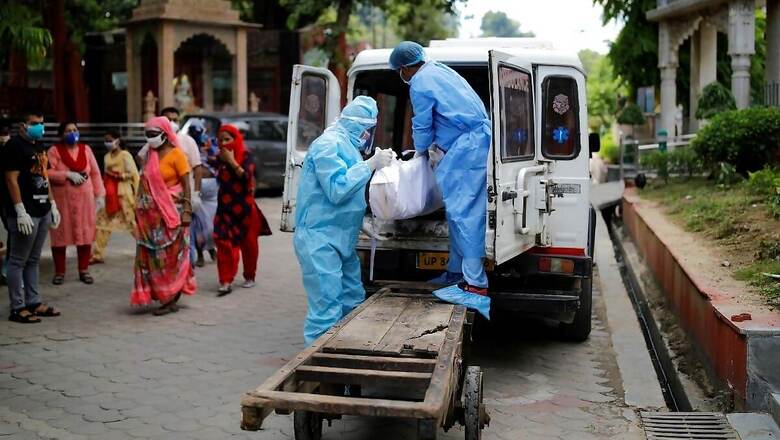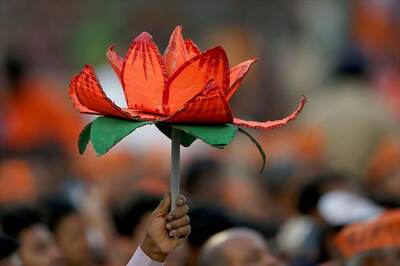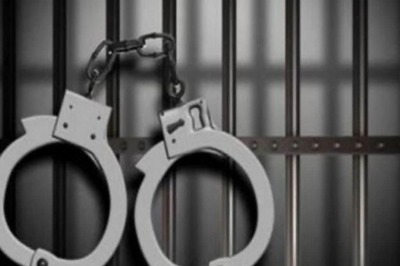
views
The Calcutta High Court on Wednesday directed that the body of a COVID-19 patient will be handed over to the family for cremation after completion of hospital formalities, provided post mortem of the dead body is not required. Observing that the right to dignity and fair treatment under Article 21 of the Constitution is not only available to a living person but also to his mortal remains after his demise, the court said that it is of the view that the right to live a dignified life extends up to the point of death including the dignified procedure of death.
“We are inclined to interpret the phrase ‘dignified procedure of death’ in an expansive manner so as to included ignified disposal of the human remains of a deceased,” a division bench comprising Chief Justice T B N Radhakrishnan and Justice Arijit Banerjee said. It directed that the body should be secured in a body bag, the face end of which should be preferably transparent.
“Disposal of a human body, whether or not the person dies of COVID-19, whether by cremation or burial, should be done with due respect and solemness,” the court observed. The bench directed that the face end of the body may be unzipped by the staff at the crematorium or burial ground to allow the relatives to see the body for one last time.
At this time, religious rituals that do not require touching of the body should be allowed, the court directed, noting that the people handling the body shall take standard precautions like wearing masks, gloves, etc. The court directed that the persons handling the body shall go directly from the hospitals to the crematorium or burial ground and not to anywhere else including the home of the deceased.
Passing the order on a PIL, the division bench directed that the government should prescribe additional reasonable measures as may be advised by medical experts. Observing that traditions and cultural aspects are inherent to the last rites of a person’s body, the bench said that the right to a decent funeral can also be traced to Article 25 of the Constitution which provides for freedom of conscience and free profession, practice and propagation of religion subject to public order, morality and health.
The court observed that the traditional belief in the country is that unless the last rites are performed before the burial/cremation, the soul of the deceased will not rest in peace. Noting that this belief is rooted and that it also has an emotional and sentimental aspect, the court said that it firmly believes that the family members of a deceased who is infected with COVID-19 should not be deprived of the right to perform the last rites, subject to them taking all necessary precautionary measures.




















Comments
0 comment